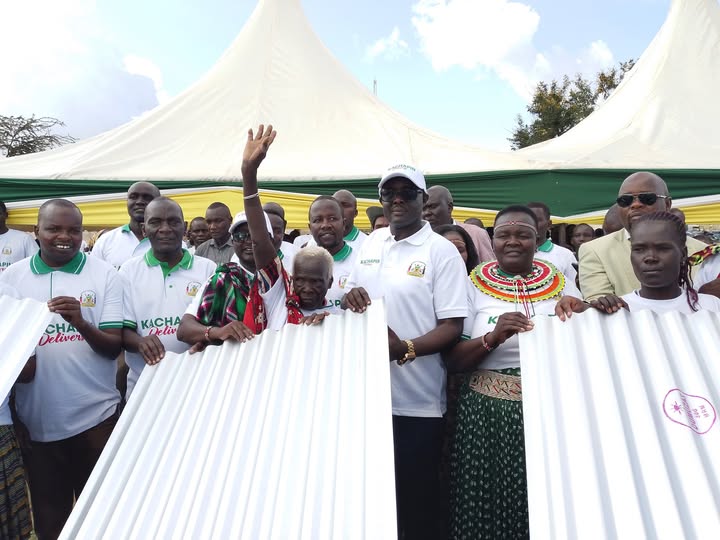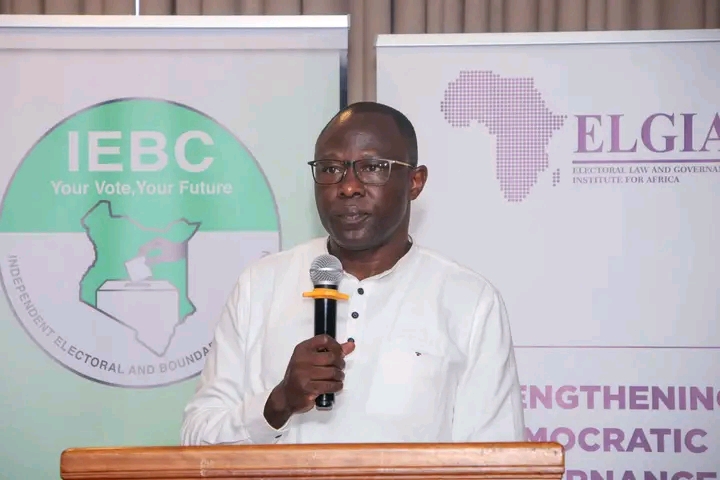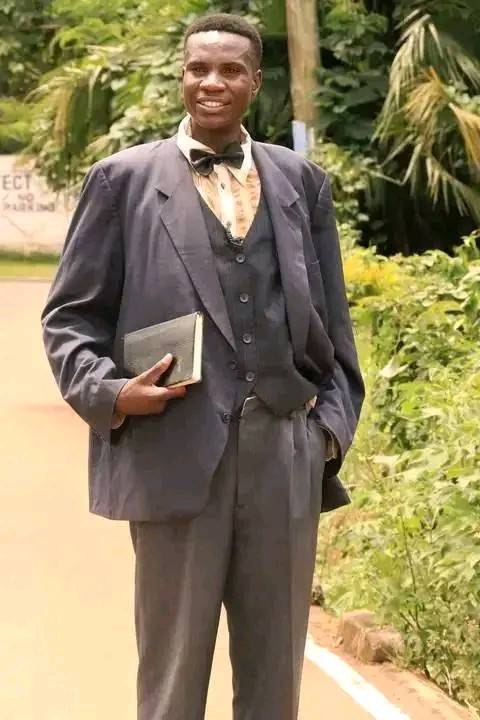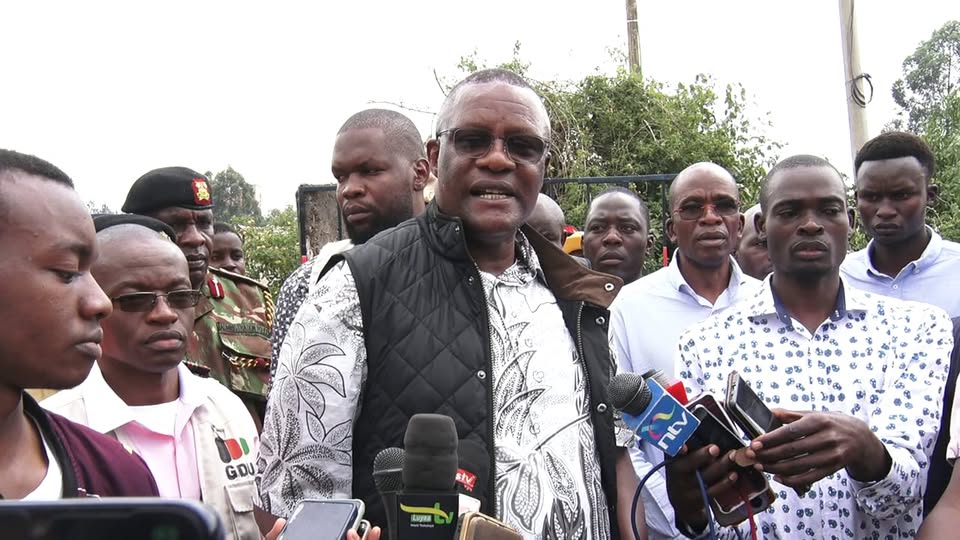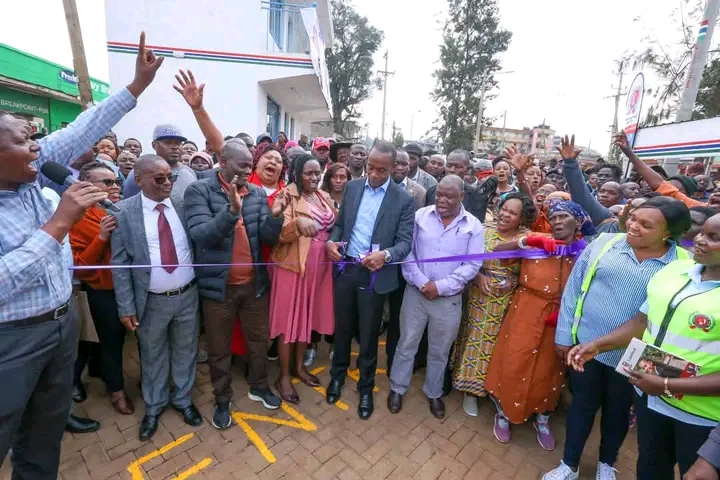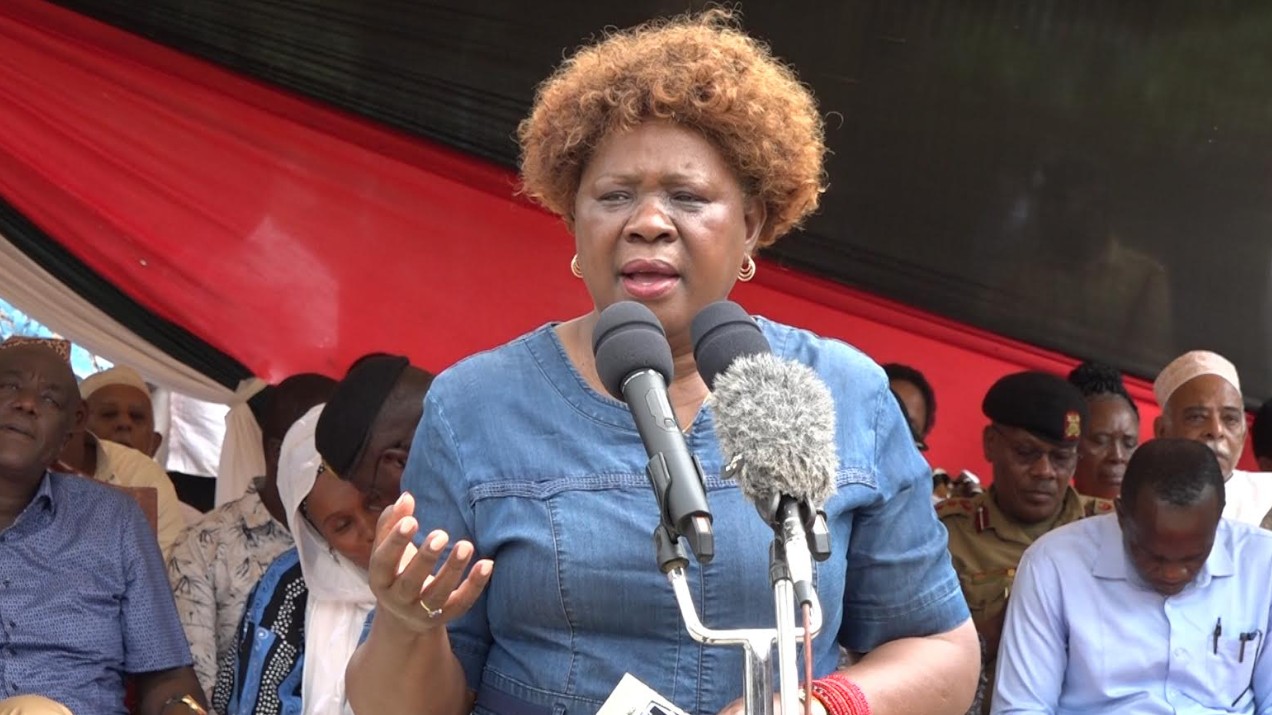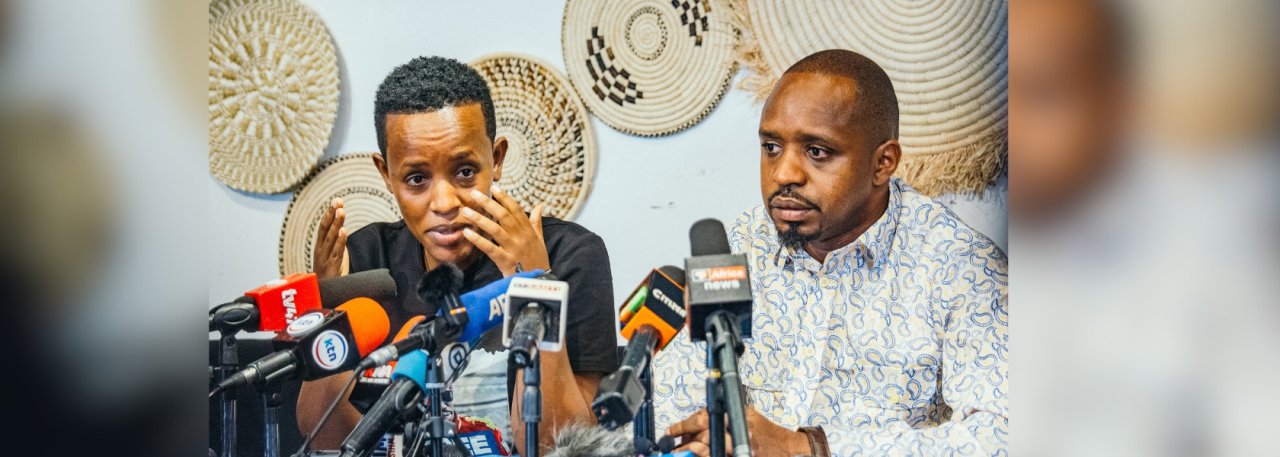West Pokot Launches Bold Housing Shift as Iron Sheets Replace Grass Roofs
West Pokot County has launched Operation Ondoa Nyasi, a housing initiative to replace grass-thatched roofs with iron sheets for over 2,500 vulnerable households. The program aims to improve safety, health, and climate resilience. It prioritizes widows and elderly residents living in poor conditions.
LIVE: Media Briefings on Ondoa Nyasi Initiative and County Development ProjectsLIVE: Media Briefing on Ondoa Nyasi Initiative and County Development Projects at The County Headquarters, Kapenguria.
Posted by Simon Kachapin on Sunday, July 13, 2025
West Pokot County has embarked on a significant housing transformation aimed at improving the quality of life for its vulnerable communities. The initiative, led by Governor Simon Kachapin, is called Operation Ondoa Nyasi, which translates to “Remove the Grass.” This program seeks to transition families from traditional grass-thatched houses to more durable and safe iron sheet-roofed homes.
According to Governor Kachapin, the housing upgrade is a major step within the county’s broader development strategy. It also fulfills campaign promises he made during his re-election. The governor noted that a large portion of the population in rural areas—around 40%—still live in grass-thatched homes, largely due to economic hardship, pastoralist traditions, and the nomadic lifestyle that dominates parts of the region.
While grass-thatched homes are culturally significant and historically resilient, they present numerous dangers. Governor Kachapin explained that these structures are highly flammable during the dry season and vulnerable to floods in rainy periods. They also harbor pests such as rodents and snakes, which pose serious threats to the safety and health of the inhabitants, especially children and the elderly.
Beyond the physical hazards, the governor emphasized the environmental impact of relying on grass for roofing. The practice contributes to vegetation loss, soil erosion, and a decrease in climate resilience. By replacing grass roofs with iron sheets, the county aims to address these pressing issues and create safer, healthier, and more sustainable living environments.
The iron sheet roofs will also bring broader socio-economic benefits. They are easier to maintain, reduce long-term costs, and enhance living standards. Importantly, iron sheets allow for rainwater harvesting, which is vital in regions prone to water scarcity. Additionally, the roofs support the use of solar energy, helping families access lighting and reducing reliance on firewood, thus protecting forest cover.
To implement the Ondoa Nyasi project, the county government has allocated Ksh 50 million. The funds will cover the cost of purchasing iron sheets for distribution across 20 wards in West Pokot. More than 2,500 families will benefit from the first phase. Beneficiaries are expected to contribute labor and other building materials, encouraging community participation and ensuring long-term sustainability.
Governor Kachapin stressed that the project is in line with national goals on affordable housing and environmental conservation. By reducing reliance on grass, the initiative eases the pressure on grazing lands and supports livestock resilience, particularly during drought seasons. This blend of social welfare and environmental consciousness, he said, makes the program a “smart investment.”
The County Executive for Water, Environment, and Climate Change, Mr. Kamsait, emphasized that the initiative particularly targets widows and elderly women, many of whom live in neglected and unsafe conditions. He shared his own childhood experience of growing up in a grass-thatched house and expressed his determination to end that cycle of poverty and vulnerability for future generations.
Local residents, such as Chepsikir Lokoritudo and Chemwoyo Loyesiakou, have welcomed the initiative. They shared harrowing stories of the dangers posed by grass-thatched houses, including infestations of snakes and rats, leaking roofs, and deteriorating structures. They expressed hope that the project would mark a new chapter of dignity and development for their communities.


